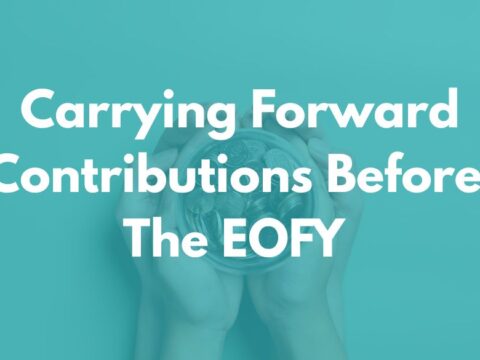Why Are The Stage 3 Tax Cuts The Subject Of Discussion?
In a significant reversal to a key election promise, the Australian federal cabinet has approved changes to the stage-three tax cuts package, set to come into effect from July 2024.
The proposed amendments reduce the legislated tax cuts for those earning more than $180,000 per year, with Australians earning less than $150,000 slated to enjoy substantial advantages.
This marks a departure from the originally legislated stage-three tax cuts under the previous Coalition government, which Labor indicated their support for in the last Federal election campaign.
Changes in Tax Brackets and Rates
Under the revised change, the 37% tax bracket, initially scheduled for elimination, will be reinstated. Additionally, the bottom tax bracket will see a reduction to 16%, benefiting those earning less than $45,000 who were previously excluded from the July tax cuts. Furthermore, the threshold for the top tax rate will be lowered to $190,000.
Impact on Different Income Groups
Individuals earning between $50,000 and $130,000 are projected to experience the most significant benefits from these changes. Middle and high-middle-income households, with average annual incomes of $97,000 and $136,000, respectively, are anticipated to receive the most significant average gains during tax time.
Shift in Tax Cut Distribution
The initial stage-three tax cuts, implemented by the Morrison government in 2019 and committed to by the Labor Party in the last election, predominantly favoured higher-income brackets.
The recent changes, however, promise to alter the distribution dynamics. With the proposed adjustments, households on middle incomes emerge as the primary beneficiaries, with Labor hoping that the change will deliver more electoral support than is lost with the change in policy.
As the proposed changes await parliamentary approval, their potential impact on household finances and the broader economic landscape remains a subject of keen interest.
Want to know more about how this may affect you at tax time? Start a conversation with one of our trusted advisors.
IMPORTANT NOTICE
This blog post contains general information only and has been prepared by Allworths without reference to your objectives, financial situation or needs. Allworths cannot guarantee the accuracy, completeness or timeliness of the information contained here. By making this information available to you, we are not providing professional advice or recommendations. Before acting on any of the information contained here, you should seek professional advice.




